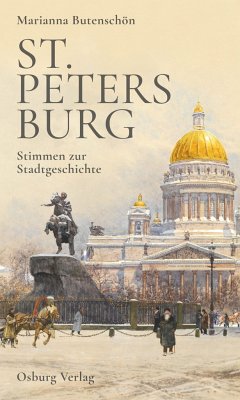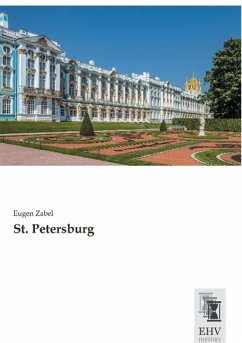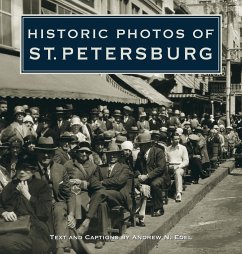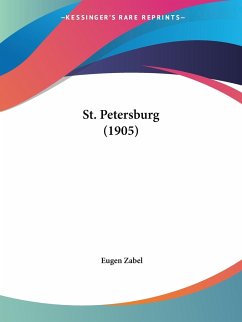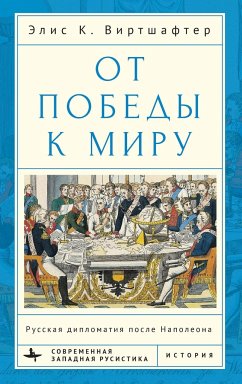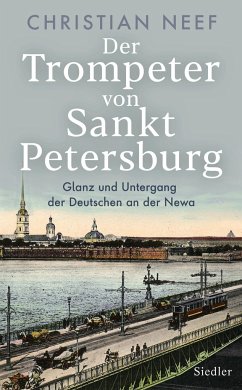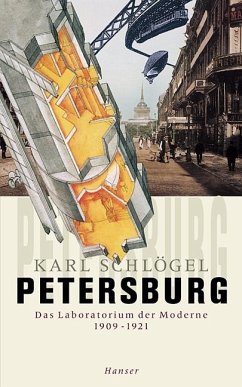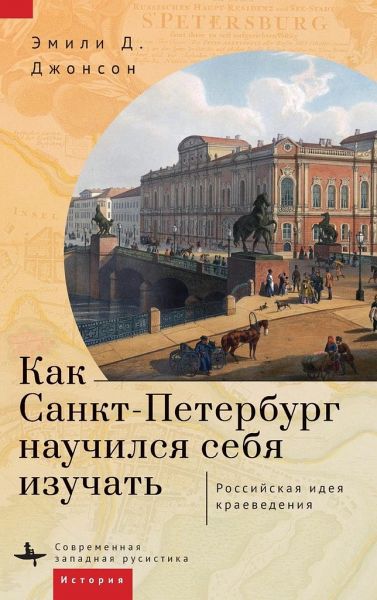
How St. Petersburg Learned to Study Itself
The Russian Idea of Kraevedenie
Versandkostenfrei!
Versandfertig in 1-2 Wochen
35,99 €
inkl. MwSt.

PAYBACK Punkte
18 °P sammeln!
How St. Petersburg Learned to Study Itself: The Russian Idea of Kraevedenie considers the origins and evolutions of kraevedenie, looking specifically at the role that movements and institutions that emerged in early twentieth-century St. Petersburg played in the formation of this discipline. Based on extensive work in archives in St. Petersburg, it looks at the historical preservation movement that was spearheaded by participants in the World of Art circle and contributors to the journal Starye gody. It considers the pedagogical excursion movement and specifically the influence of Ivans Grevs ...
How St. Petersburg Learned to Study Itself: The Russian Idea of Kraevedenie considers the origins and evolutions of kraevedenie, looking specifically at the role that movements and institutions that emerged in early twentieth-century St. Petersburg played in the formation of this discipline. Based on extensive work in archives in St. Petersburg, it looks at the historical preservation movement that was spearheaded by participants in the World of Art circle and contributors to the journal Starye gody. It considers the pedagogical excursion movement and specifically the influence of Ivans Grevs and Nikolai Antsiferov. It also discusses the operations and role of the Central Bureau of Kraevedenie in the 1920s.The original English-language edition of this book (Penn State University Press, 2006) received both the South Central MLA book award and the Nikolai Antsiferov Prize for the best work on St. Petersburg by a foreign author.





